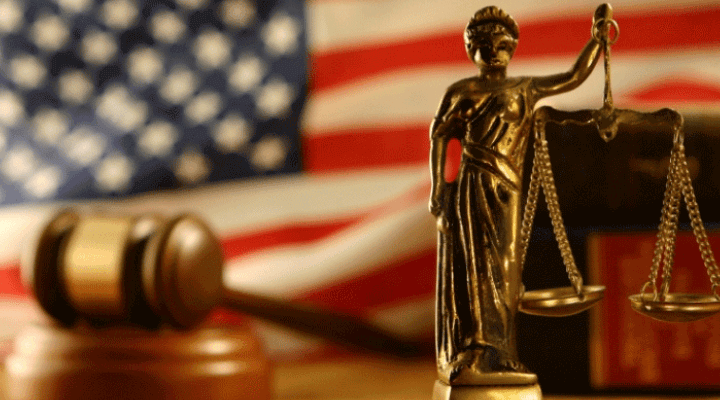The security clearance process involves several functions that help to establish an individual’s reliability and trustworthiness. A critical element on the path to a successful clearance determination is the Defense Office of Hearings and Appeals (DOHA). ClearanceJobs recently chatted with Aileen Xenakis-Kozlowski, attorney with the law firm Bigley Ranish and a former assistant general counsel, Washington Headquarters Service, at the U.S. Department of Defense. There she provided legal counsel to the DoD’s Consolidated Adjudications Facility (CAF).
Who is DOHA?
DOHA sees final appeals cases for security clearance applicants for DoD industry applicants. Xenakis-Kozlowski describes DOHA as a quasi-judicial agency, functioning as the appellate body for the security clearance process. Written appeals are considered at the DoD CAF, and if that appeal is unsuccessful, DOHA will consider the next appeal, and make a final determination.
DOHA doesn’t just make determinations – it also publishes the results of those determinations. It’s a move Xenakis-Kozlowski wishes more agencies would replicate.
“I’m surprised that everybody doesn’t do it,” she said. “The goal of the process is to evaluate someone as a unique individual. At the same time, we need some uniformity and understanding as to how these decisions are being made and how the rules are being applied.”
Xenakis-Kozlowski gave the example of passage of time. One can look at DOHA cases to get a glimpse at what that means by experience, not just as a policy. Whether it’s three weeks, three years, or something in between – DOHA appeals cases give an idea of what that looks like, she said.
“They are persuasive because this is the only place where we can look consistently for the rationale behind why a decision was made for a unique set of facts, which kind of gives us a little bit of insight in trying to extrapolate for someone else,” said Xenakis-Kozlowski.
Investigations vs. Adjudications
One thing worth considering is why the security clearance process involves the distinct processes of investigation and adjudication. While a security clearance applicant may have contact with their background investigator during a personal subject interview or in interviewing some data set, that person isn’t the one making the determination – that’s an adjudicator, someone with special training on the adjudicative guidelines and how to apply them using the whole person concept. There is a good reason for that distinction.
“You wouldn’t want the police officer who saw you at not your finest moment to also be the prosecutor in your case six months later,” said Xenakis-Kozlowski. Having a different perspective make that evaluation is actually good for the applicant, she notes.
Making Your Case – It’s on the Applicant
A key reason behind the description of the security clearance appeals process as quasi judicial as any descriptions of it aligned with the typical judicial process would fall short – because in contrast to law and order life, where an individual is innocent before proven guilty, when it comes to security clearances, the onus is on the applicant to defend their position – and prove their case.
“This is almost like the opposite of criminal law, because a security clearance is a privilege, not a right,” said Xenakis-Kozlowski. “The onus is on the applicant to show why this situation is forgivable, why this situation is unlike to occur, and even to introduce the whole person concept. The government needs to consider that, but the government doesn’t need to go looking for those facts. The onus is on the applicant to provide that.”
When it comes to what the government is looking for, it’s looking to ensure it will stay protected – and that the individuals it grants access to will protect that access. It doesn’t want to punish applicants for past wrongs, but it does seek to predict if that will happen in the future.
Don’t expect the government to go looking for that information – particularly a DOHA judge. Security clearance applicants can take steps to do that by considering their case in light of previous court decisions.




